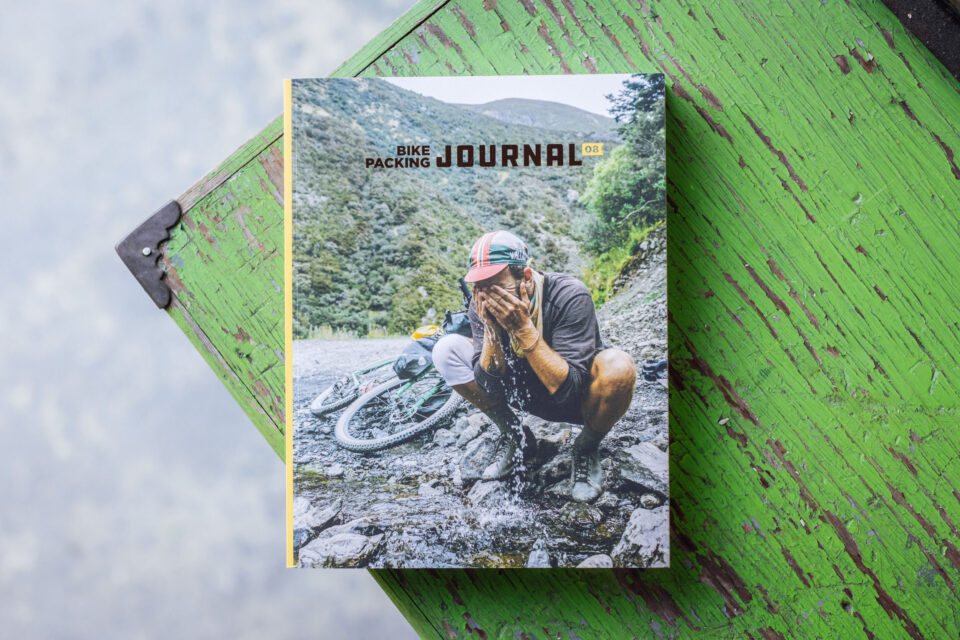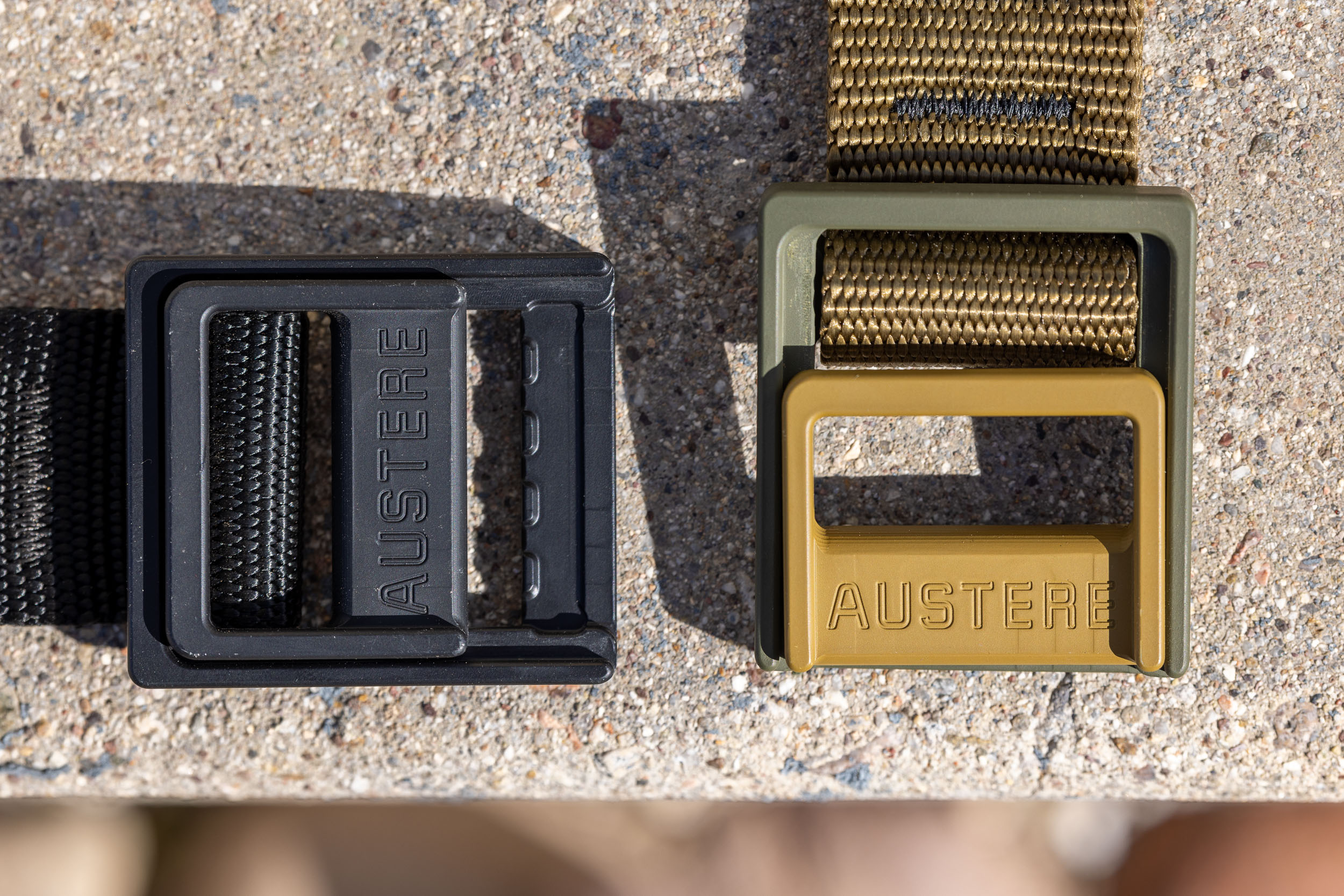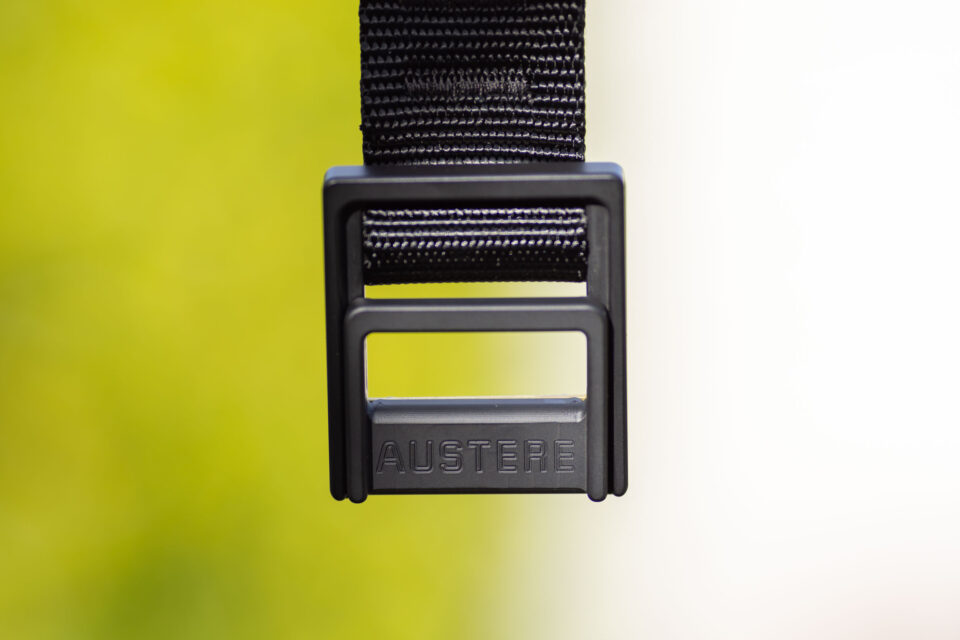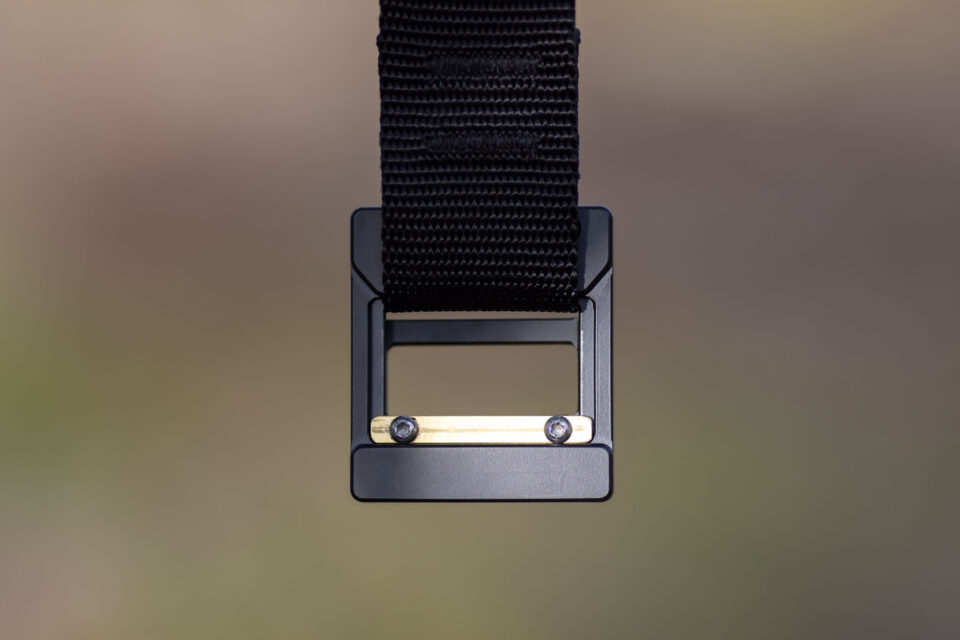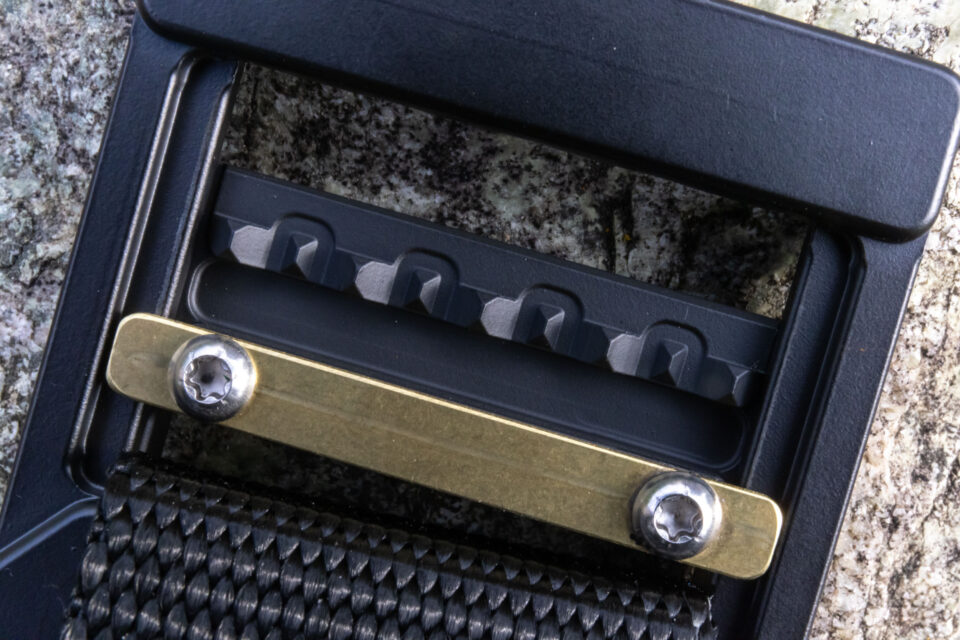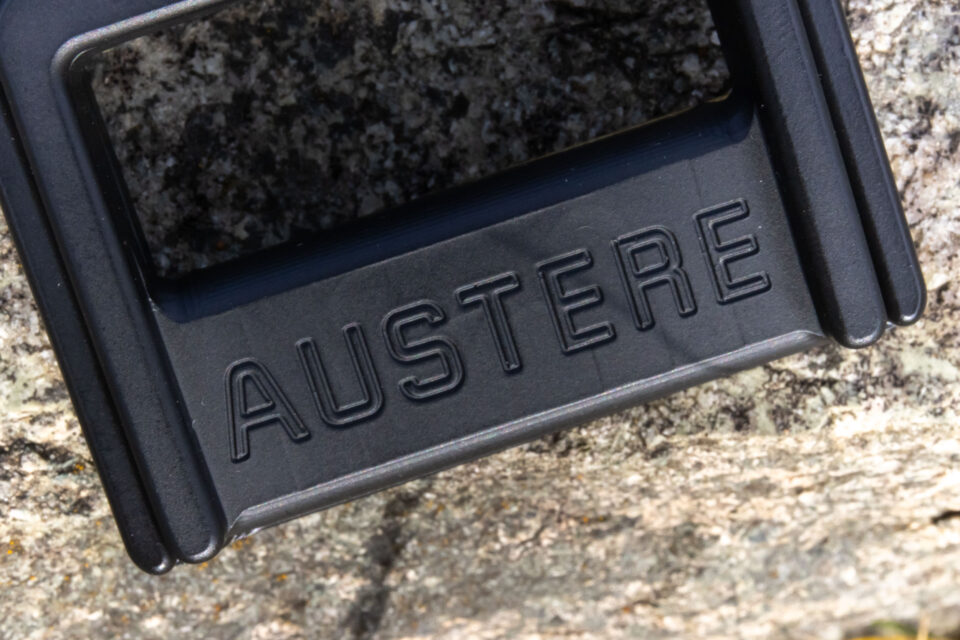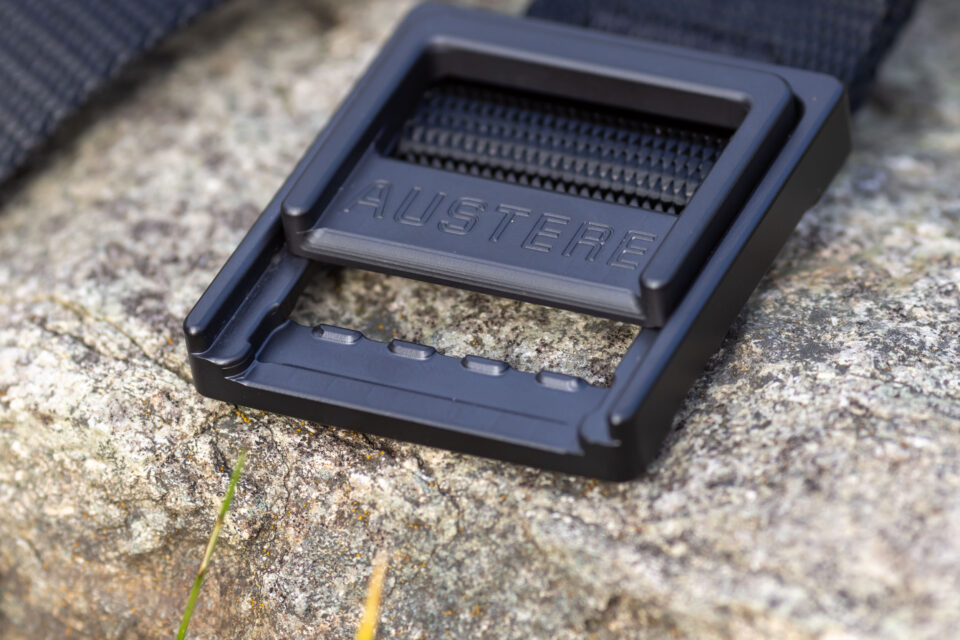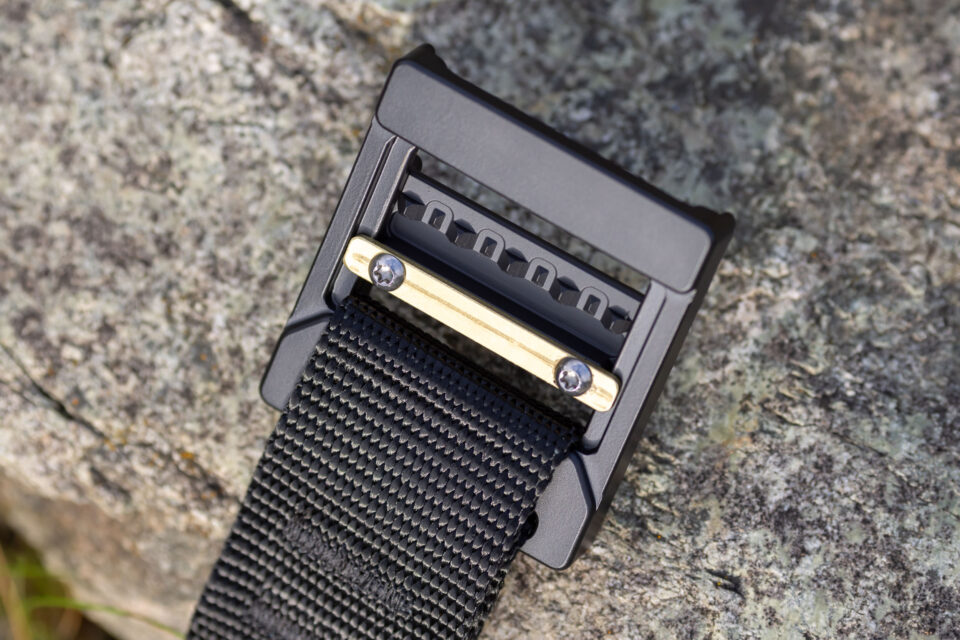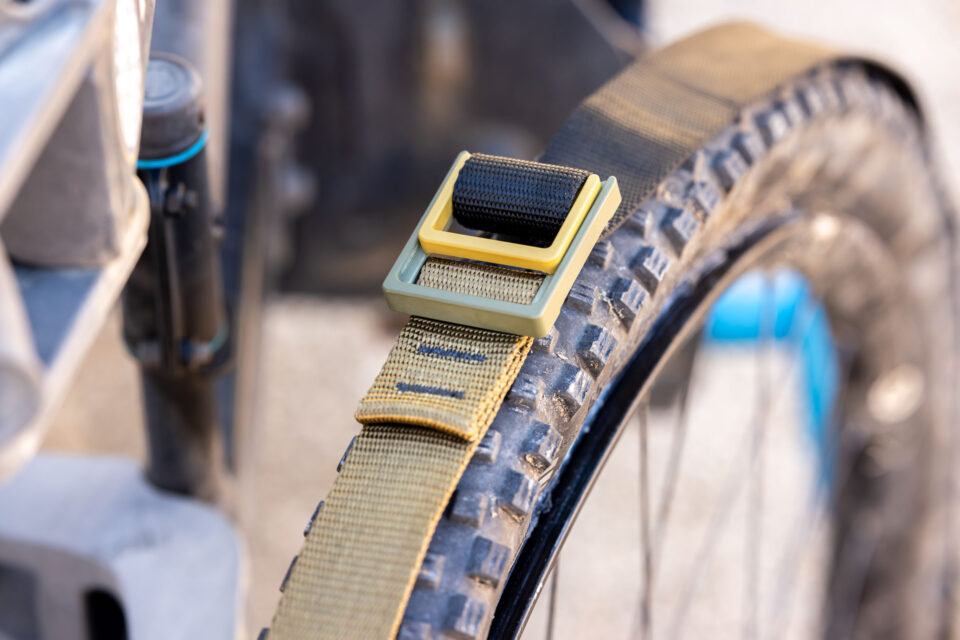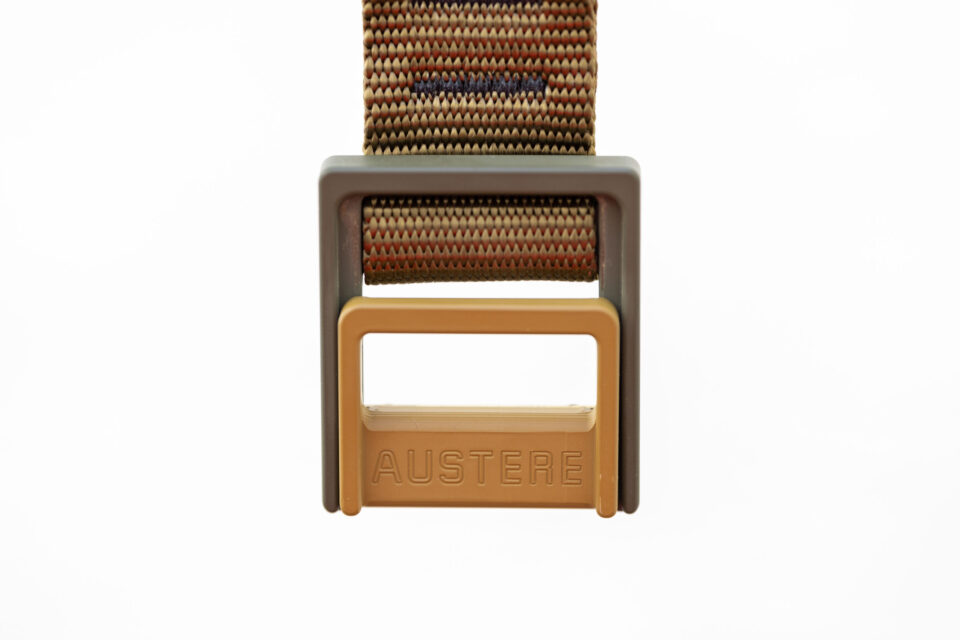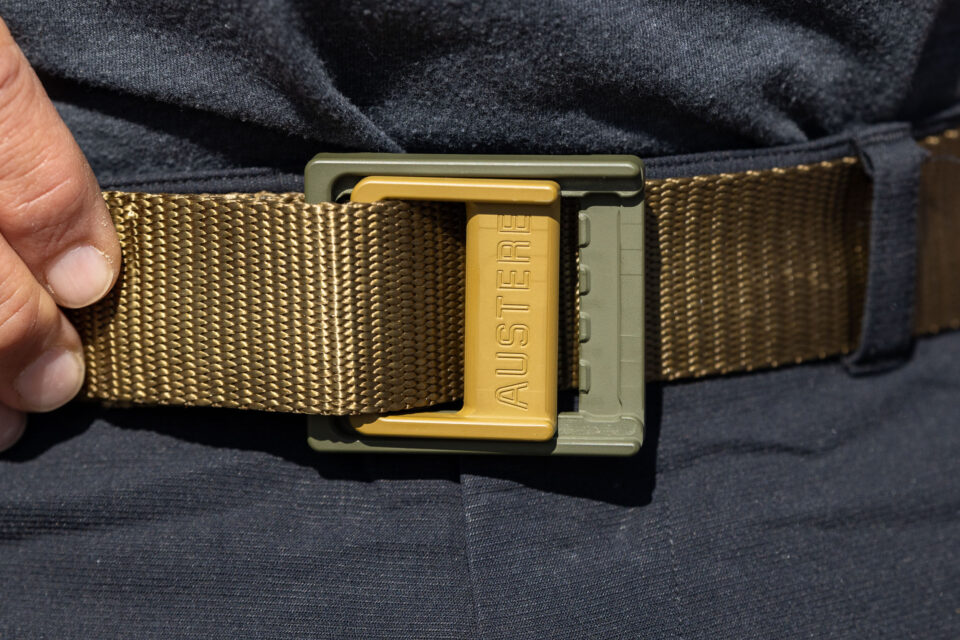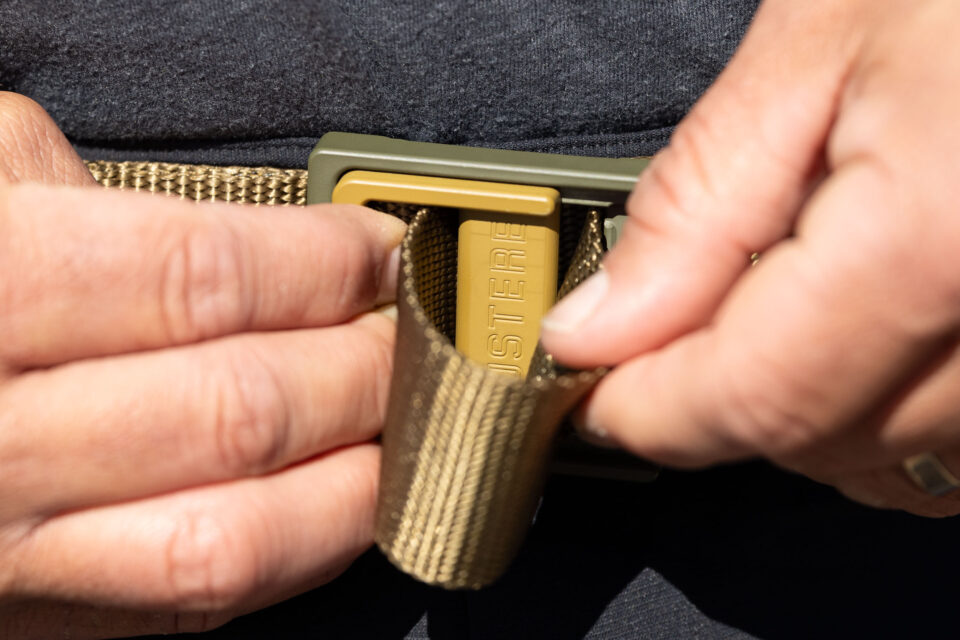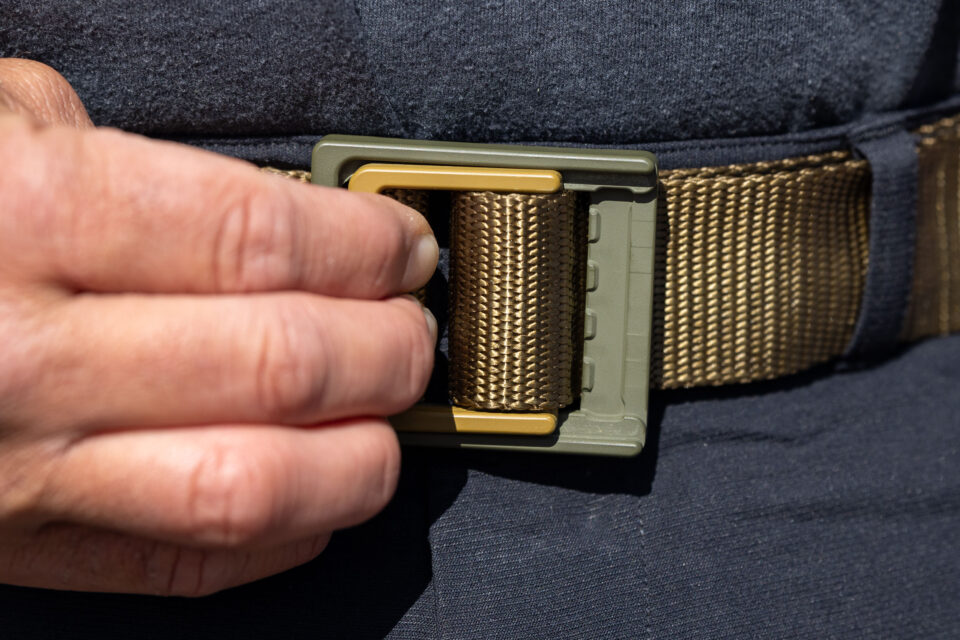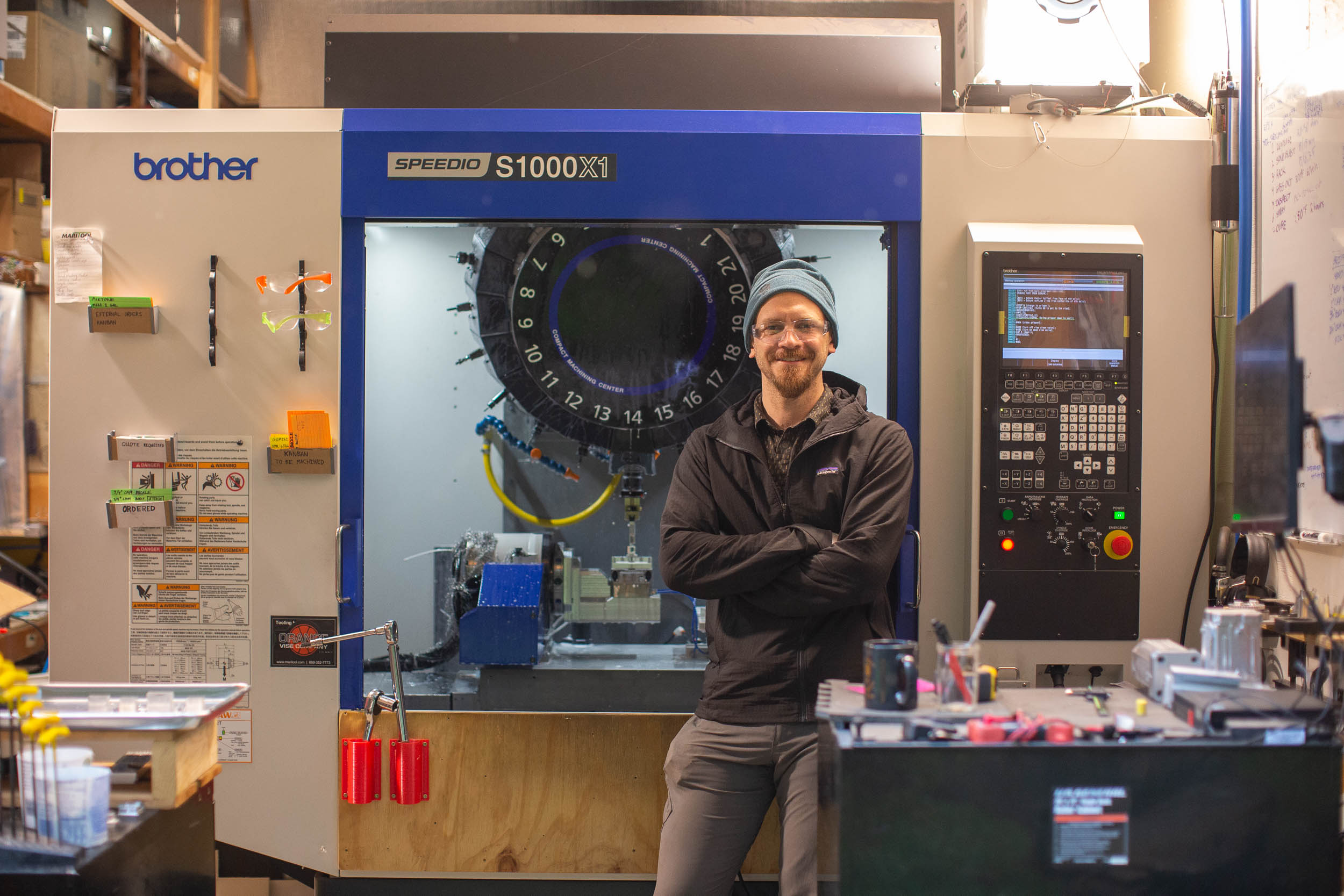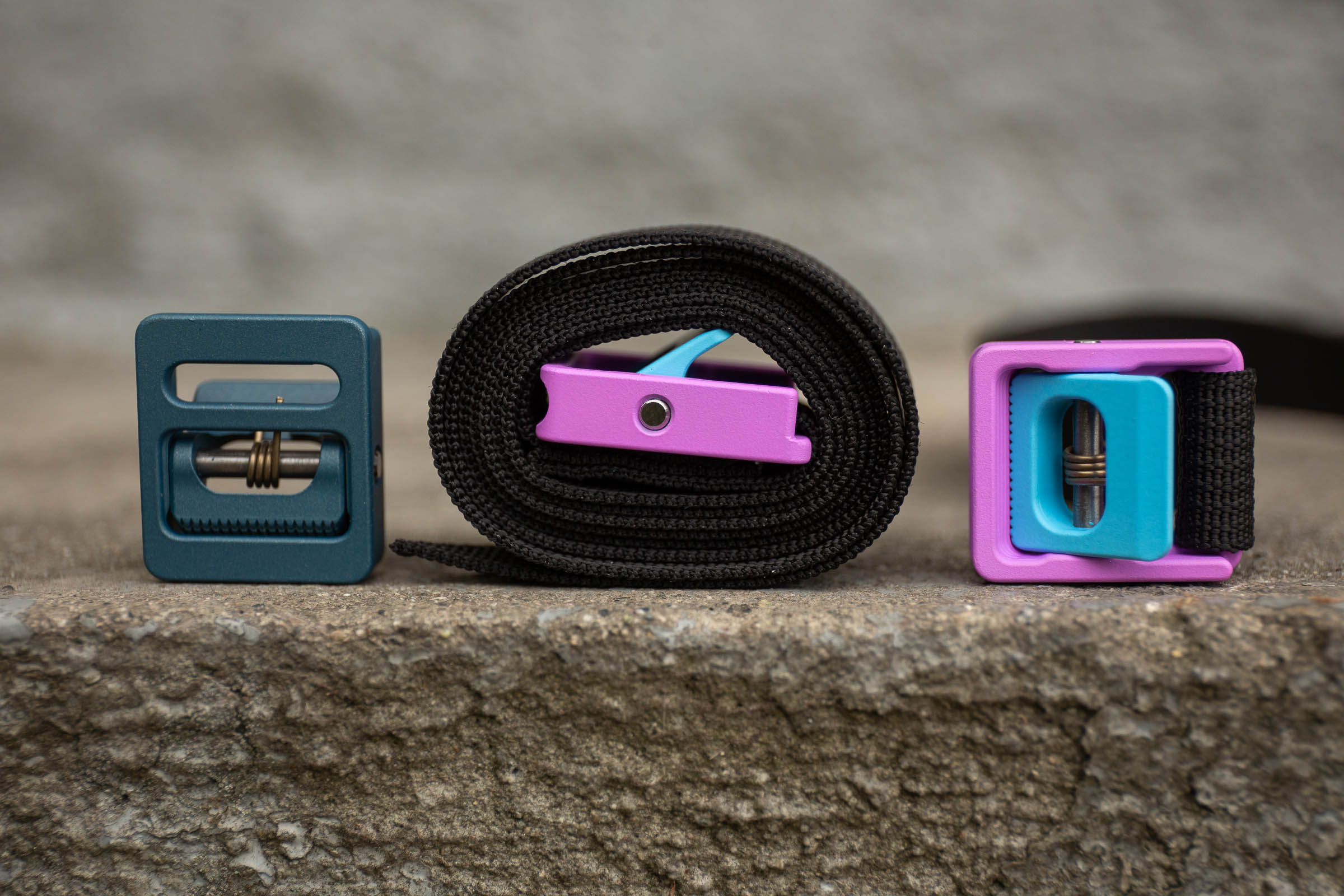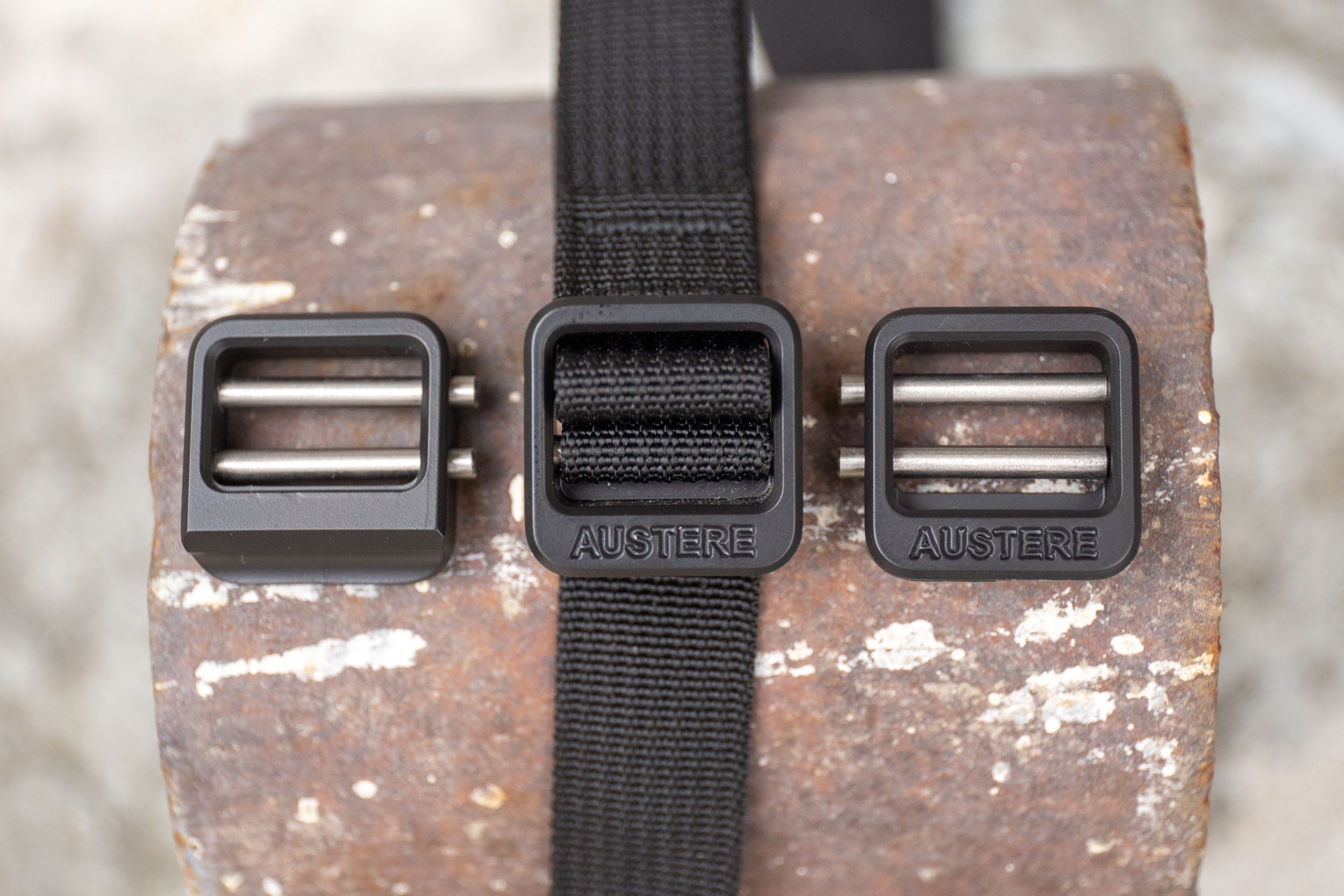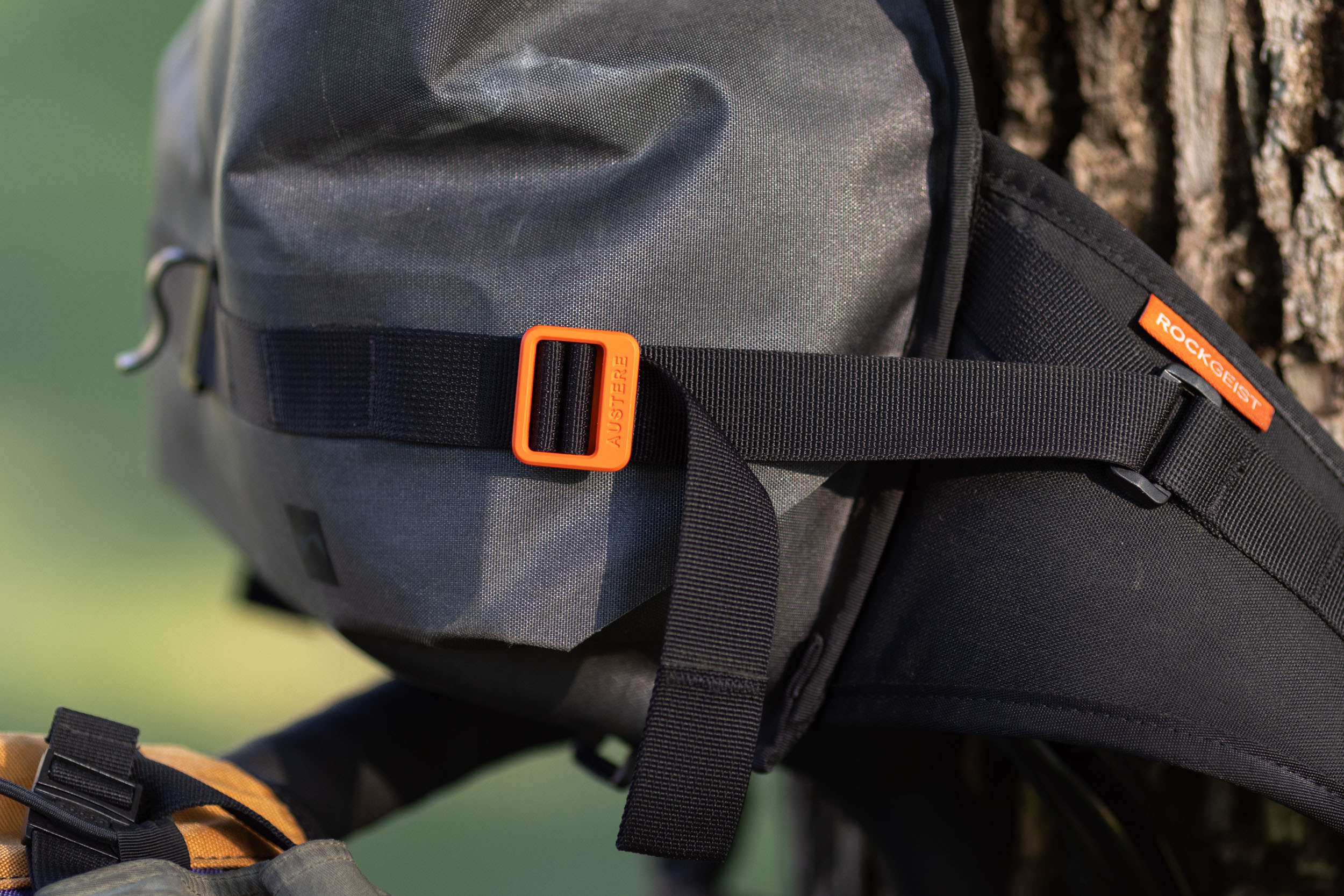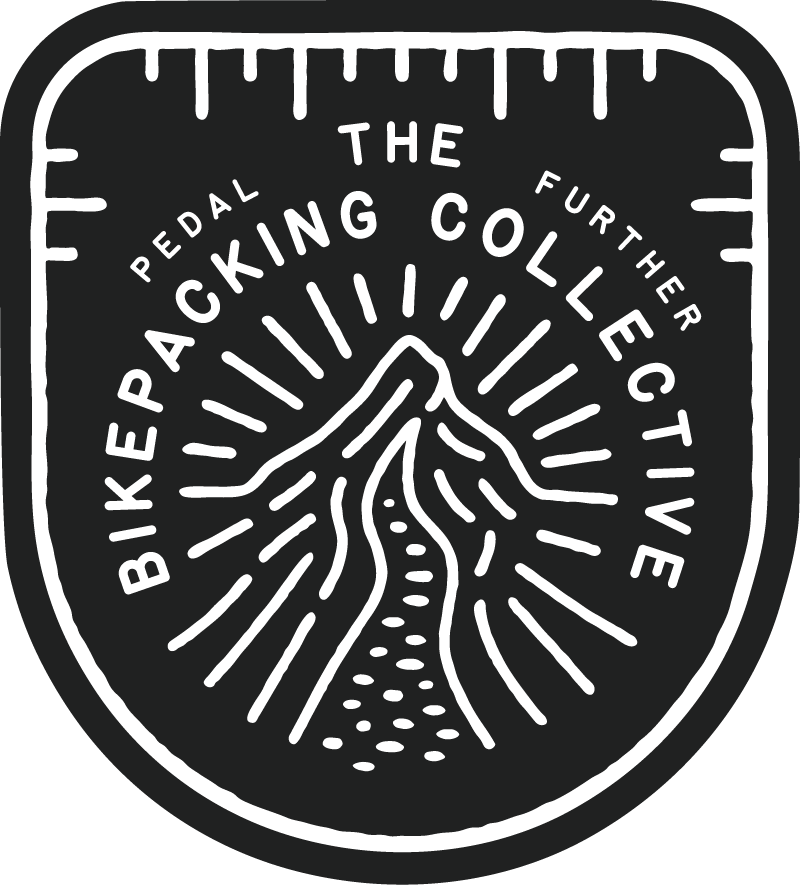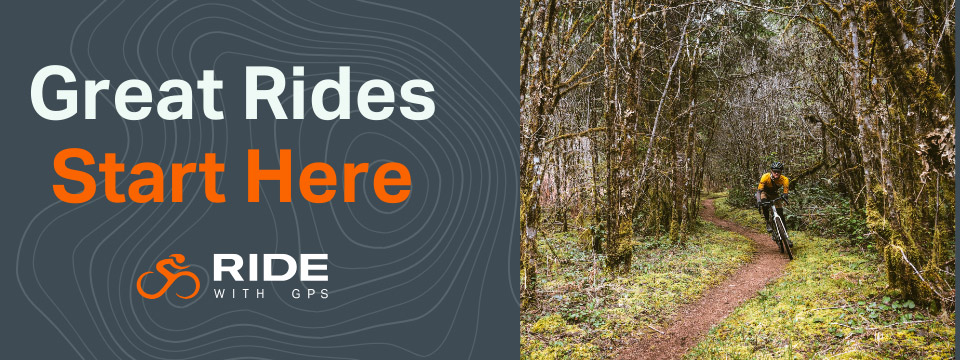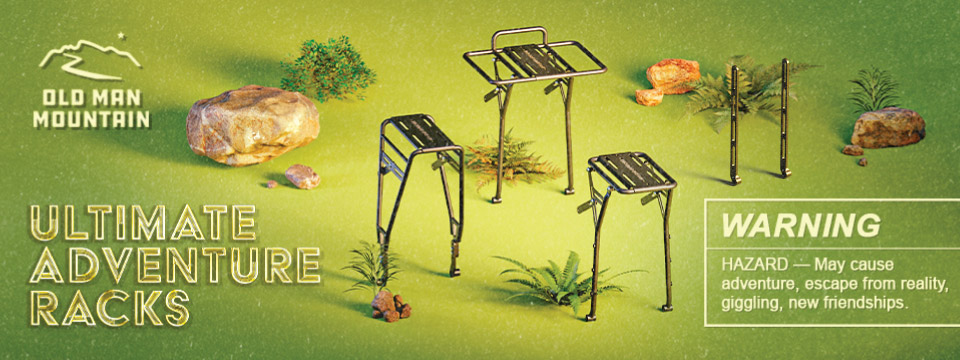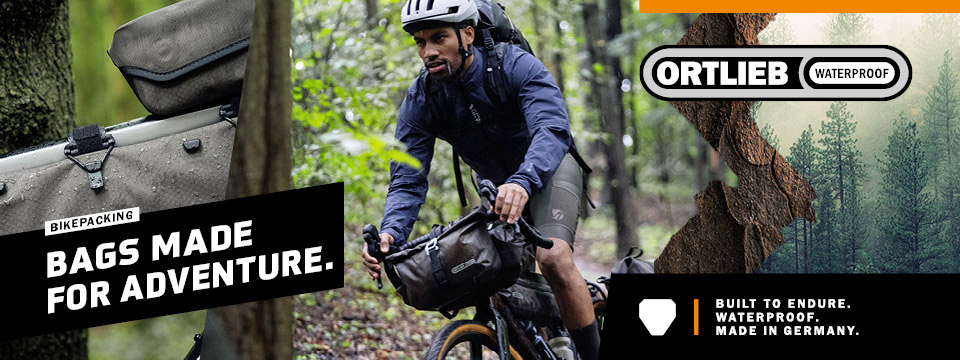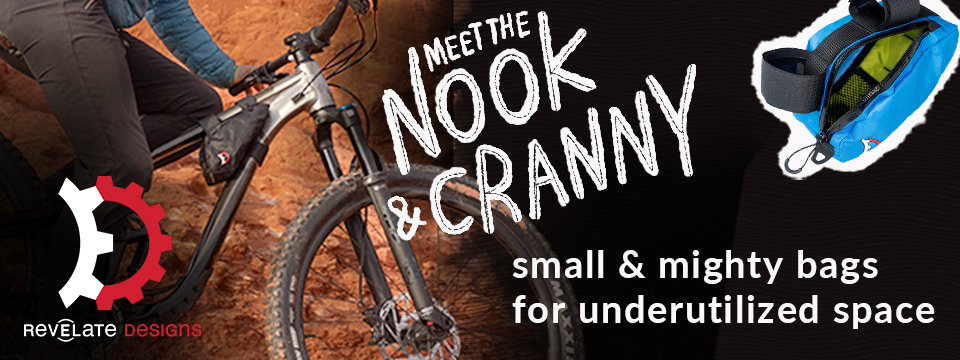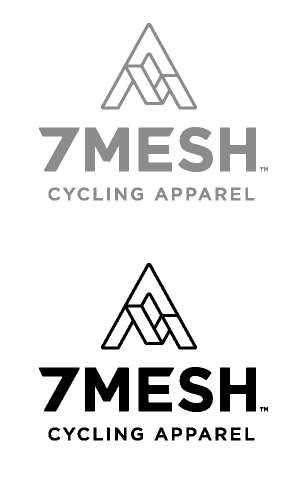Austere Lock Belt Review: Made to Last a Lifetime
The new Austere Lock Belt is perhaps the most over-engineered belt in the world, complete with a CNC-machined construction, a unique locking design, and the attention to detail we’ve come to expect from the Washington-based buckle maker. Find Miles’ Austere Lock Belt review here after several months of use…
A few weeks ago, I sent a photo of Austere’s new belt buckle to my friend Skyler and he replied, “Looks cool. That guy is Dr. Buckle.” He couldn’t be more right. Austere Manufacturing hit the buckle world head on in 2021 with the launch of their flagship product, a CNC-machined cam buckle and has developed quite the following since then. Their buckles, which are easily among the nicest money can buy, can be seen bikepacking setups all over the world. You’ll even spot them being used by some high-level endurance cyclists who demand the most reliable gear available. Earlier this year, they launched the Pin Ladder Lock, which replace standard plastic ladder locks with their beautifully machined aluminum version featuring your choice of stainless steel or titanium pins.
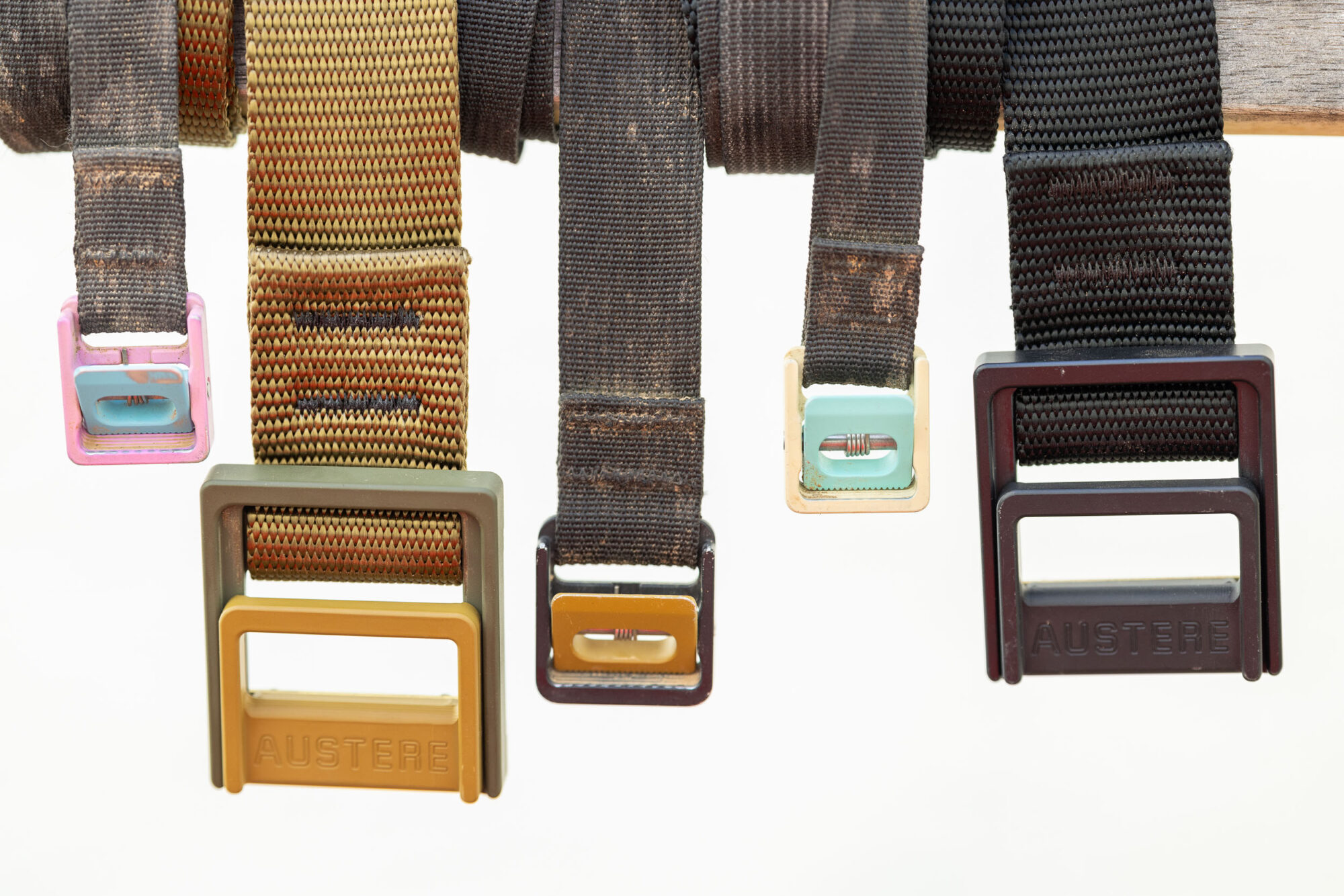
Next up in their lineup of precise US-made buckles is the Austere Lock Belt, they say is perhaps the most over-engineered belt in existence. The Lock Belt came after years of customer requests for a better-performing belt and Austere founder Uriel Eisen obsessing over every detail that would solve the issues that plague other belts without adding unnecessary complexity. After all, it’s a belt we’re talking about here, and it should be simple.
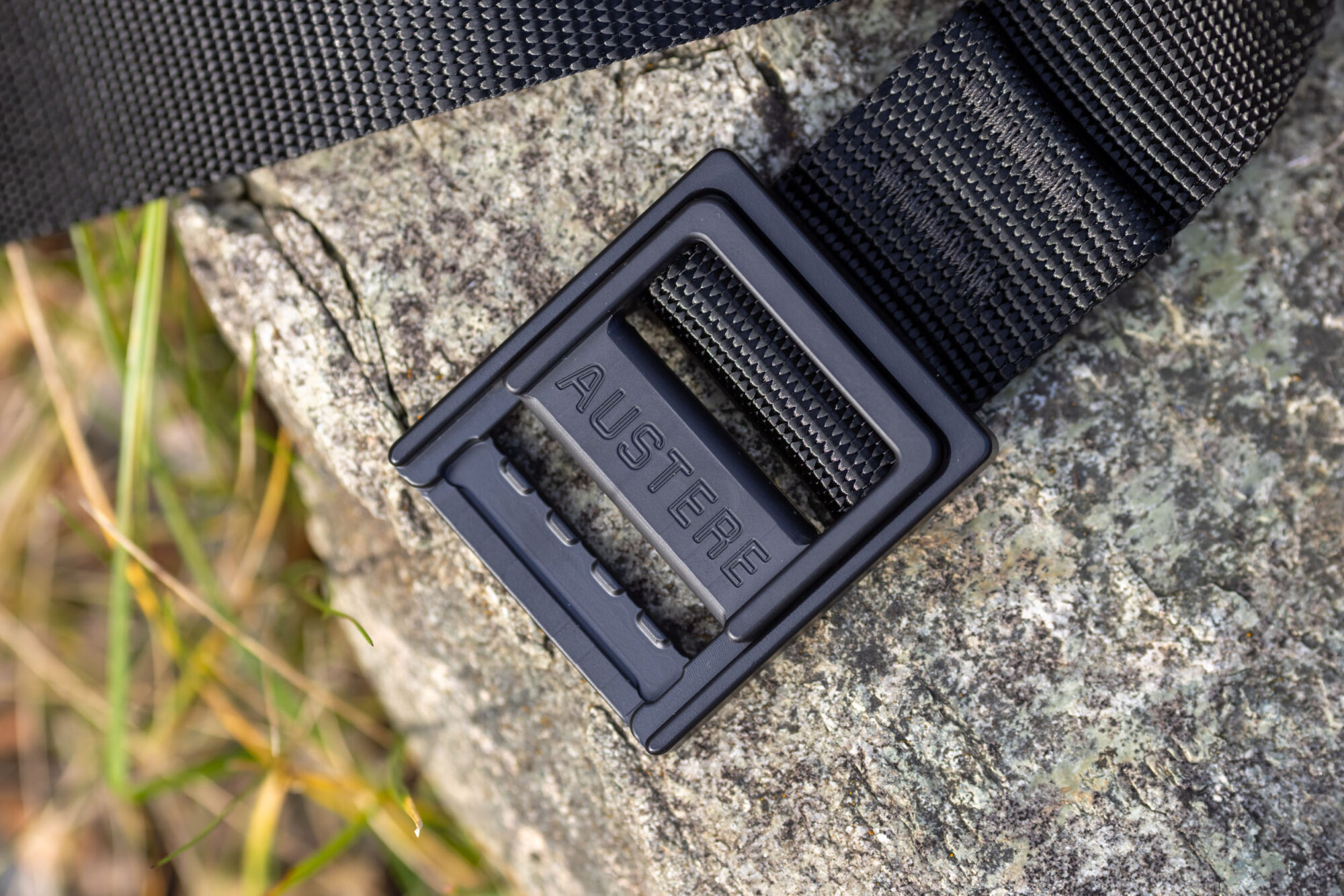
The Austere Lock Belt uses a unique patent-ending double-plate buckle that locks in place and won’t slip during the day. It’s made up of a CNC-machined billet aluminum body and slider, a brass lock bar, and stainless steel screws to hold the components together. The included 1.5″ wide smooth nylon webbing (think seatbelt straps) weaves through the body, over the slider, and back down through the front of the body, locking in place by shifting the slider over the webbing. There are teeth machined into the body and slider to help grab hold of the webbing, Austere’s updated logo is on the front of the slider (although it’s covered up with webbing while in use), and the webbing is sewn on to the buckle’s body with durable bar tacks.
The Lock Belt is currently offered in a few configurations. It comes in seven lengths that range from 36″ to 72″ long (suitable for pant sizes 22″ to 58″), black or coyote webbing, and your choice of black, coyote, or the newly released coyote/ranger green buckle. The buckle itself weighs just 42 grams, and like all of Austere’s buckles, is machined in Washington state with the small brand’s usual attention to detail.
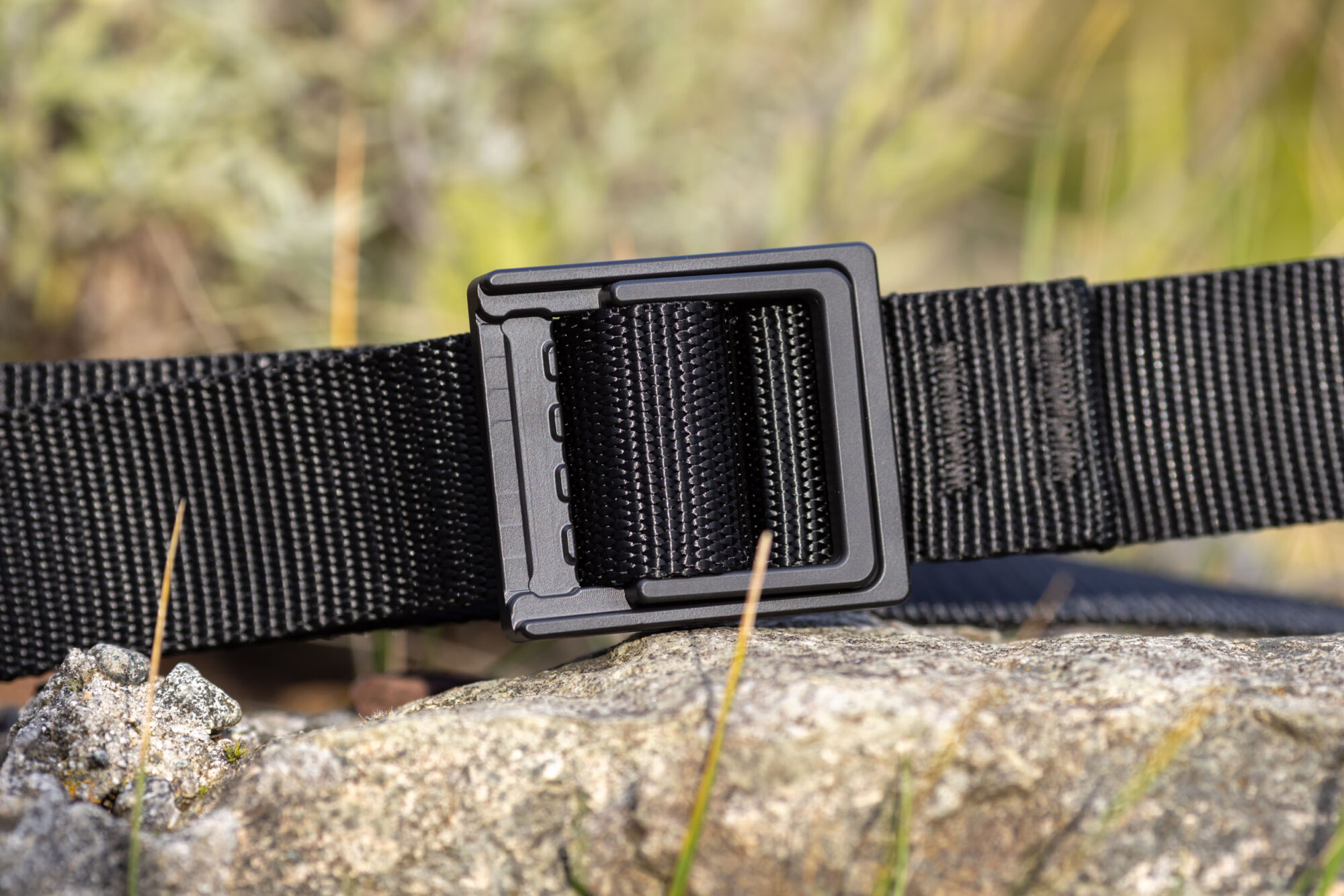
I’ve been wearing the Austere Lock Belt almost exclusively for a month, and a few things have stood out to me. Threading the webbing through the buckle and remembering to manually slide the top slider over to lock things in place takes some getting used to. Truthfully, as someone with mild Crohn’s disease, I don’t think I’m the best person to use a belt that locks in place, as I’m dropping my drawers more often than most. However, it does function as promised and simply doesn’t budge unless unlocked by hand.
The buckle isn’t as slim as my Arcade belt or carbon-reinforced Lindarets belt (pictured below), but doesn’t get in the way while riding and is comfortable to wear. The nylon webbing is smooth and flexible, making it easy to weave into belt loops, and it gets a good bite from the integrated teeth on the buckle. It’s infinitely adjustable but not “frustratingly infinitely adjusting,” as Austere puts it. If you’re someone who likes to set and forget and you might consider using your belt as a cargo strap or helping hand during a finicky tubeless setup, it could be for you.
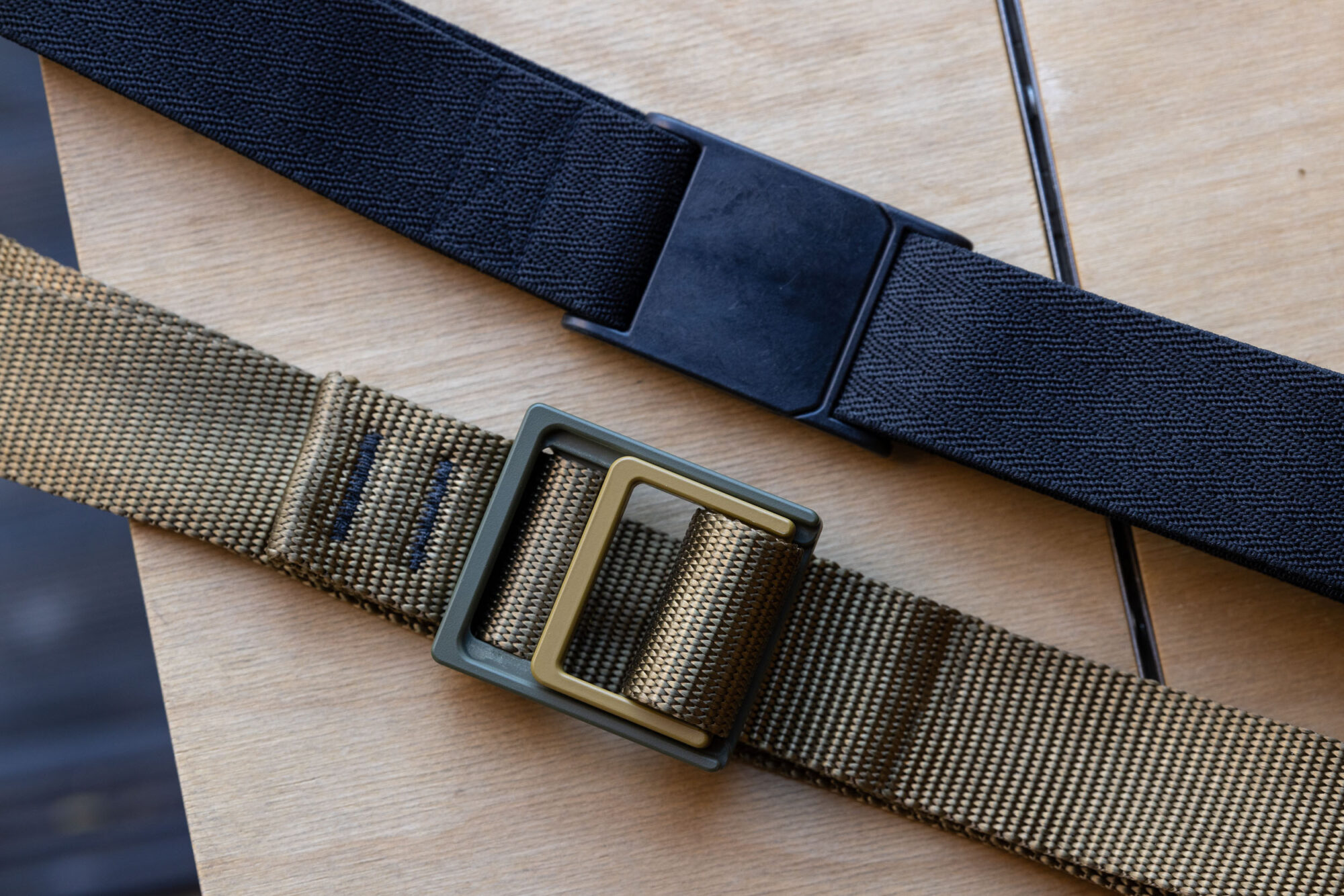
The bigger question is whether or not we need a CNC-machined belt buckle. One of the main selling points of Austere’s other buckles is that they can replace broken plastic ones and last a lifetime, potentially bringing a new sense of life to otherwise perfectly functional gear. I’m not sure the same argument can be made for belts. I’ve never broken a belt buckle, and can’t say I’m worried that any of my belts will implode on my next ride. So, while I’m not confident the Austere Lock Belt solves any specific problem or issue with standard belts; it’s hard to imagine how it could break or wear out. I’m quite sure it’ll last a lifetime.
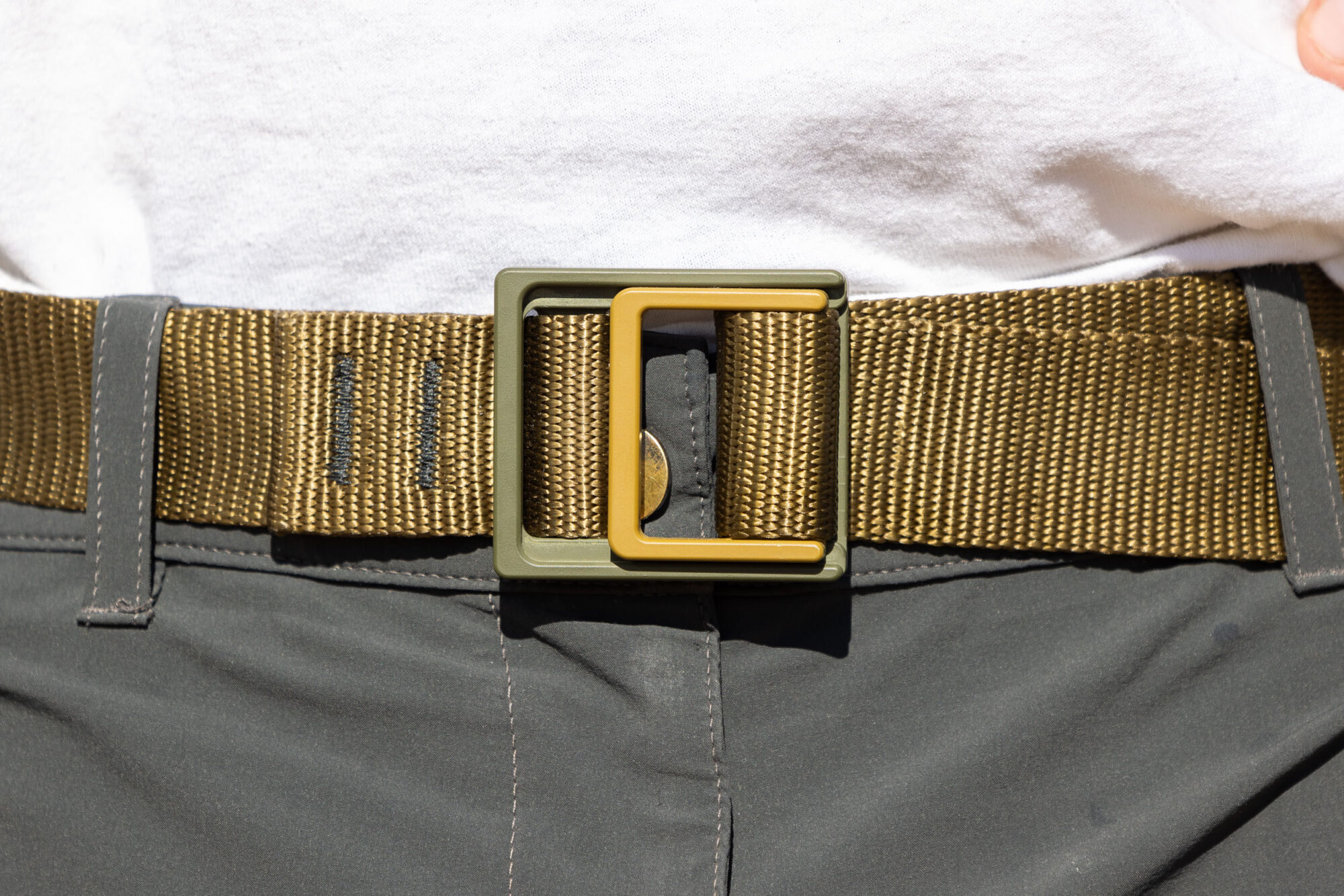
Pros
- Beautifully over-engineered in true Austere fashion
- Locks in place and won’t budge
- Multiple lengths to choose from
- CNC-machined in Washington, USA
- Webbing is soft and flexible
- Can double as a backup strap if needed
Cons
- It’s a $94 belt
- Slower to put on compared to clasp or magnet-style belts
- Bulkier than modern low-profile belts
- Material: Billet Aluminum and brass
- Weight: 42 grams (buckle only)
- Place of Manufacture: Washington, USA
- Price: $94 USD
- Manufacturer’s Details: Austere Manufacturing
Wrap Up
I’m truly impressed by what Austere’s Uriel Eisen has created in the last three years. Although CNC-machined buckles might seem like overkill to some, there’s a reason why they are popping up on bikepacking setups around the world, including staff bikes here at BIKEPACKING.com. They are lightweight, don’t slip, and are pleasant to use and look at. The new Austere Lock Belt shares the same qualities as the Cam Strap Buckle and Pin Ladder Lock and will hold your pants up until the end of time. It’s also Austere’s most expensive product to date, nearly four times the price of their other buckles, and it sets a new standard for over-the-top, CNC-machined hardware for those who choose to support US-manufacturing.
Further Reading
Make sure to dig into these related articles for more info...
Please keep the conversation civil, constructive, and inclusive, or your comment will be removed.




